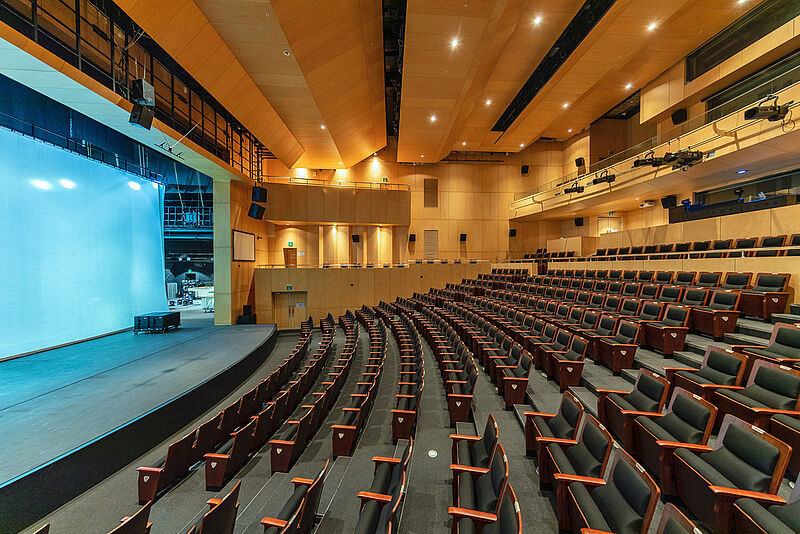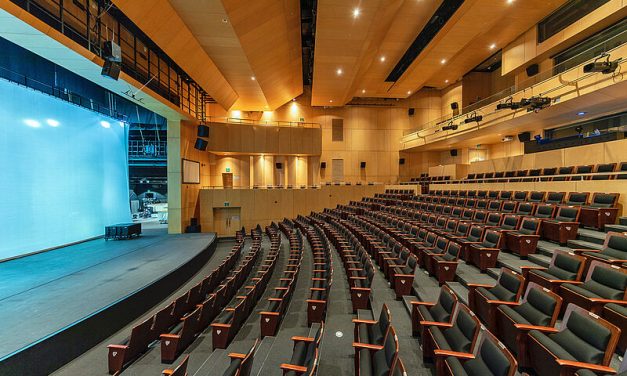The Events Industry Council (EIC) and Oxford Economics have released findings from their 2023 Global Economic Significance of Business Events study. The study highlights the global economic impact of the business events industry, which is valued at a remarkable $1.6 trillion USD. The research measures the direct spending, total business sales, jobs created, and contribution to global GDP. It also emphasizes the wider benefits of business events, such as knowledge sharing, innovation, and employee engagement.
Full scope and economic impacts,
according to the study, of the MICE sector
before the Covid-19:
The study reveals that business events play a critical role in relationship-building, worker collaboration, and business development. Event organizers consider face-to-face interaction as the most difficult aspect to replace.
In-person events generate as much as 22 percent of new customers, and their reduction due to Covid-19 has led to a significant loss of innovation. Organizers estimate that hosting in-person events accounts for an average of 44 percent of revenues.
The report indicates that global business events have been recovering from the impact of Covid-19, reaching about 80 percent of pre-pandemic levels in 2022. While some regions, such as the Middle East and North America, have experienced stronger recoveries, others, like Asia and Western Europe, are expected to have robust growth in the coming years. The study forecasts that global event spending will approach 2019 levels by 2025.
The value proposition of events is evolving, with a focus on building culture and engagement, supporting ESG objectives, and advancing individual employee growth. Hybrid event formats are anticipated to become more prevalent, and while the size of business meetings may decrease in the short term, it is not expected to be a long-term shift.
The study aims to provide a comprehensive understanding of the economic significance and broader impacts of in-person events. It offers valuable insights for industry professionals to make informed decisions and strengthen the industry’s connection with global society.
To access the executive summary of the study, visit the Events Industry Council website.
The research was funded by various organizations in the events industry, and the study was conducted in collaboration with the EIC Advocacy and Research Committee.
Research Funders: ADMEI, AHLA, ASAE, Caesars Entertainment, Fairmont, Freeman, IACC, IAEE, IMEX Group, Los Angeles Tourism, Maritz Global Events, MCI, MGM, MPI, Northstar, New York City Tourism + Conventions, Omni Hotels & Resorts, PCMA, RCMA, SISO, SITE, and U.S. Travel Association.
The Events Industry Council’s more than 30 member organisations represent over 103,500 individuals and 19,500 firms and properties involved in the events industry.






















